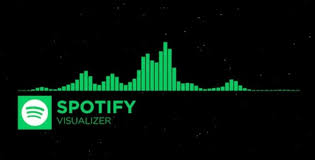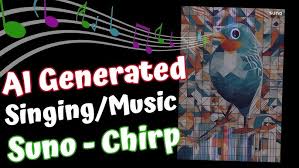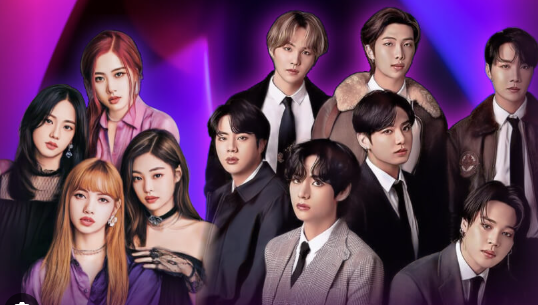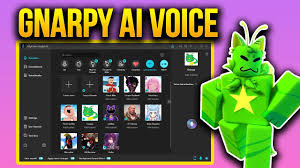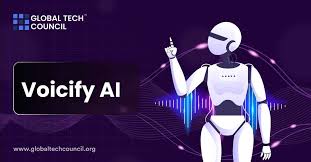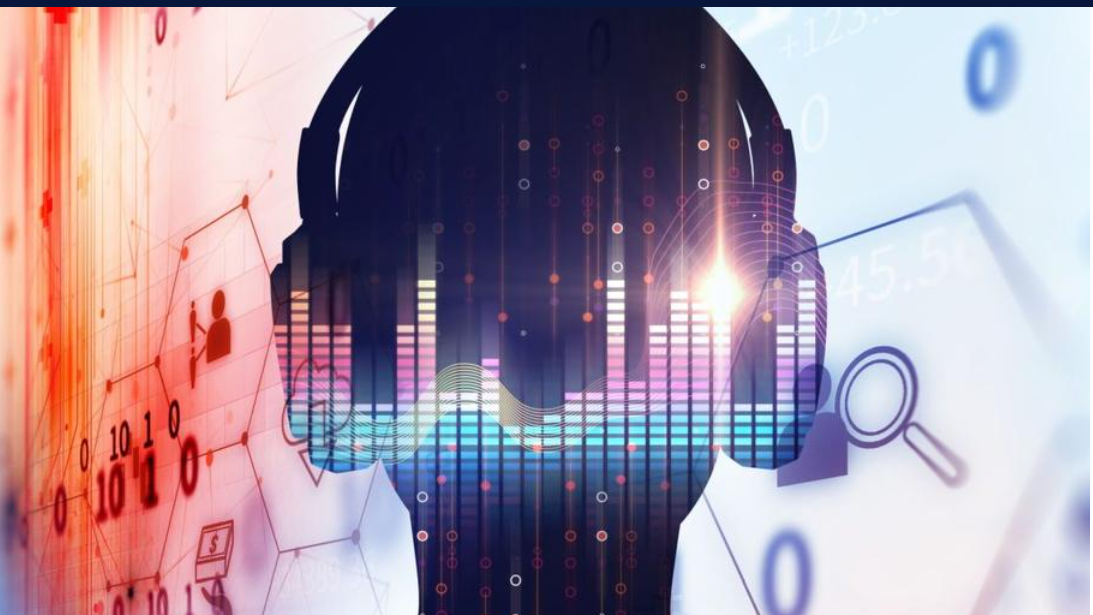Artificial Intelligence continues to revolutionize many creative fields, with music composition being one of the most exciting frontiers. Among the top AI music tools gaining widespread attention is AIVA. But many wonder, what does AIVA stand for in AI? Is it just a catchy name, or does it have a deeper meaning?
This article explores the origins and significance of the name AIVA, what the technology behind it entails, and why AIVA is a game-changer in the AI music composition industry.

The Meaning Behind AIVA
The acronym AIVA stands for Artificial Intelligence Virtual Artist. This name was thoughtfully chosen to represent the essence of what the platform aims to be: a virtual artist powered by artificial intelligence capable of composing emotional and sophisticated music autonomously.
Artificial Intelligence (AI): Refers to the technology that enables machines to perform tasks requiring human-like cognition, such as composing music.
Virtual Artist: Highlights that AIVA is not just software; it acts as an independent creative entity, composing original pieces much like a human artist would.
Together, Artificial Intelligence Virtual Artist perfectly encapsulates the concept of a software system that creates music autonomously using AI algorithms designed to mimic human creativity.
How AIVA Works as an AI Composer
AIVA leverages advanced AI techniques, primarily deep learning and neural networks, to analyze vast databases of classical, cinematic, and contemporary music. By learning patterns, structures, harmonies, and rhythms, it generates unique compositions that are both musically coherent and emotionally engaging.
The core technology involves:
Machine Learning Models: Trained on thousands of pieces from composers like Bach, Beethoven, and Mozart.
Neural Networks: To predict the next notes or chords, creating melodies that flow naturally.
Style Adaptation: Users can select musical styles or moods, and AIVA tailors its compositions accordingly.
This approach allows AIVA to compose music in diverse genres—from epic orchestral scores for films and games to calm ambient tracks for meditation apps.
Real-World Applications of AIVA
The name “Artificial Intelligence Virtual Artist” is not just symbolic; AIVA’s capabilities have real impact across industries:
Film and Video Game Scores: Independent filmmakers and game developers use AIVA to generate soundtrack music efficiently and affordably.
Advertising: Marketers compose tailor-made jingles or background music without hiring traditional composers.
Personal Use: Hobbyists and musicians utilize AIVA to spark creativity or overcome writer’s block.
Music Education: Students study compositions generated by AIVA to understand complex musical structures.
These use cases underscore AIVA’s role as a virtual artist providing creative support to humans, not replacing them.
The Origin Story of AIVA
AIVA Technologies was founded in 2016 in Luxembourg by a team passionate about the intersection of music and AI. Their mission was clear: to build an AI that doesn’t just replicate notes but creates music that resonates emotionally.
The founders chose the name AIVA to emphasize the human-like artistic creativity embedded in their AI, differentiating it from purely algorithmic or random music generators.
Since then, AIVA has been recognized as one of the first AI music composers to receive copyright protection for its compositions in some jurisdictions—a landmark achievement validating the platform’s status as a “virtual artist.”
Why Understanding What AIVA Stands For Matters
For content creators, musicians, and tech enthusiasts, knowing the meaning behind AIVA clarifies the platform’s promise:
It is not just a tool but a creative partner.
It uses cutting-edge AI to emulate human artistry.
It offers legally licensable, original music created autonomously.
This understanding helps users trust AIVA for professional-grade compositions in their projects.
AIVA Compared to Other AI Music Tools
While many AI platforms generate music, AIVA stands out for its focus on emotional depth and compositional quality—qualities aligned with its name as an Artificial Intelligence Virtual Artist.
Other tools like Mubert or Soundraw excel in loop-based or commercial-use tracks but don’t emphasize the “artist” aspect as much as AIVA.
Conclusion
So, what does AIVA stand for in AI? It stands for Artificial Intelligence Virtual Artist—a fitting name for an AI system that composes original music with creativity and emotional nuance.
AIVA bridges the gap between technology and artistry, empowering creators across industries to enrich their work with uniquely generated music.
Understanding AIVA’s name helps appreciate the technology’s sophistication and its vision to become more than just a program—a genuine virtual artist.
Frequently Asked Questions
Is AIVA really an artist?
While AIVA is a software, its advanced AI algorithms enable it to compose music autonomously, earning it recognition as a virtual artist.
Can I use AIVA’s music commercially?
Yes, AIVA provides commercial licenses allowing use in films, games, ads, and more.
How is AIVA different from other AI music generators?
AIVA focuses on deep compositional structures and emotional expression, trained on classical music masters, setting it apart from loop-based generators.
Does AIVA compose in multiple genres?
Yes, from classical and cinematic to ambient and pop-inspired styles.
When was AIVA founded?
AIVA Technologies was founded in 2016 in Luxembourg.
Learn more about AI MUSIC

